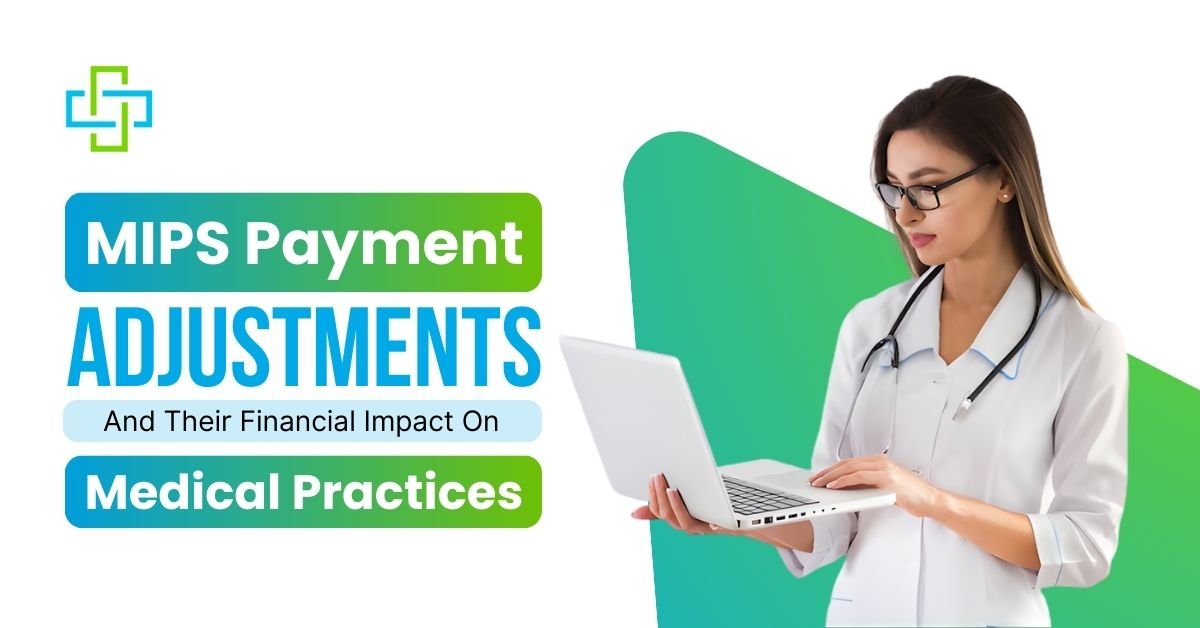Medical practices deal with a lot of paperwork, patient records and daily tasks. Practice management systems and Electronic Medical Records (EMR) are the two most popular management systems in the market right now. But what’s the difference between a practice management system vs EMR? And which one does your practice need?
Many doctors and practice owners get confused about these two systems. Both handle important parts of your practice, but they work in different ways.
Practice Management System
Practice management system is designed to make your front office work faster and reduce paperwork. This is used to schedule appointments, insurance claims and payment issues.
It’s also used to manage staff schedules and create reports about your practice’s performance.
What is an EMR System?
An EMR is a software that focuses on patient care and medical information. It’s like a digital version of patient charts.
EMR systems are used for storing medical history, recording symptoms, managing test results and lab work. Their other features include creating treatment plans, sharing patient info between doctors and meeting government rules for medical records.
How to Choose Between a Practice Management System vs EMR?
Many practices use both systems because they have different uses. However, some software companies now have combined solutions that include both features in one package.
Why Your Clinic Might Need Both
Running your practice on one connected system keeps everything working together. It is hard for the systems to miss anything because all information and tasks are in one place. Patient check-ins are quick and their records are ready when you need them. Your team can stay coordinated and share updates to stay on the same page.
The Drawbacks of Running Them Separately
The higher costs for two different software packages are hard for businesses that are on a budget. Staff training for multiple systems takes more time and resources. Potential data sync issues between systems can create confusion and complex daily workflows may slow down operations.
Choose What Suits You Better Between Practice Management System vs EMR
Pick a software after you understand what your practice size needs. There are certain differences between a practice management system vs EMR depending on your business.
Small Practices (1 to 3 Doctors)
Small practices are recommended to start with basic practice management software. Start with a simple scheduling and billing system if you run a small family practice. Then you can add EMR functionality.
Medium Practices (4 to 10 Doctors)
These practices usually have integrated solutions. Integrated systems are better as separate systems create duplicate work. The workflow becomes smooth if you switch to an integrated system.
Large Practices (10+ Doctors)
Larger practices need specialized systems for billing or managing multiple locations. Use powerful standalone solutions that can integrate with hospital systems.
A Few Problems That Software Can Fix
Medical practices often face operational issues that directly impact revenue and patient satisfaction. One of the popular problems they face is dealing with insurance claim denials. Denial rates can vary depending on specialty of the insurer in the US. But fixing each denied claim costs a lot in staff time and resources.
Patient no-shows are another costly problem. These rates range from low to higher figures. Automated appointment reminders have cut these rates by a lot. Modern practice management and EMR systems prevent these problems.
What It’s Like to Work with Medical Practice Consulting Services?
Looking at the practice management system vs EMR and trying to make a choice is hard. Medical practice consulting services can help you decide what you need according to your business type. They have specialists who explain all the details before you pick one thing.
An EMR specialist can give you a better understanding of what systems work best for your medical specialty.
Looking at the Budget Side
Practice management systems vs EMR cost differences are a noticeable deciding factor. Practice management systems typically cost less than full EMR solutions. Prices vary based on practice size, features and support needs. But you can contact medical practice management services and get a quote.
Most systems charge monthly fees per user or provider. Also include the time required for training and the possible decrease in productivity during the transition. Businesses also encounter hidden costs like data conversion fees and customization charges. You’re good to go if you research that beforehand.
What is the Professional Way to Use it?
We know how confusing switching to new software can be. But keeping a few things in mind can make it simple.
- Know your goals: Be clear about the problems you want to fix.
- Include your team: Input of the people who use the system every day matters.
- Take it slow: Start with the basics and try not to get into everything all at once.
- Think ahead: Pick software that can grow as your practice grows.
Choosing the Practice Management System vs EMR
It relies on your practice’s needs if you go for a practice management system vs EMR or if you combine them both. Your practice size, growth plans and budget constraints are examples of what you should consider.
It is not wrong to address your questions about implementation time and data transfer before you sign the contract. Most reputable vendors offer free trials. Your staff can participate in demo sessions and ask questions. The people who will use the system daily often spot potential problems that others miss.
The Final Word
Don’t underestimate understanding the difference between a practice management system vs EMR. Many medical practices are on a budget when they’re starting new. So it is not wrong to question these systems. Practice management system vs EMR depends mostly on your budget. Practice Management focuses on business operations. And EMR handles patient medical records. Many practices benefit from using both. You can either use them as separate systems or combine them.
Take time to think this through and then make a decision. You don’t have to hesitate to ask help from professionals who specialize in medical practice software. This will improve the practice’s efficiency and patient care.





